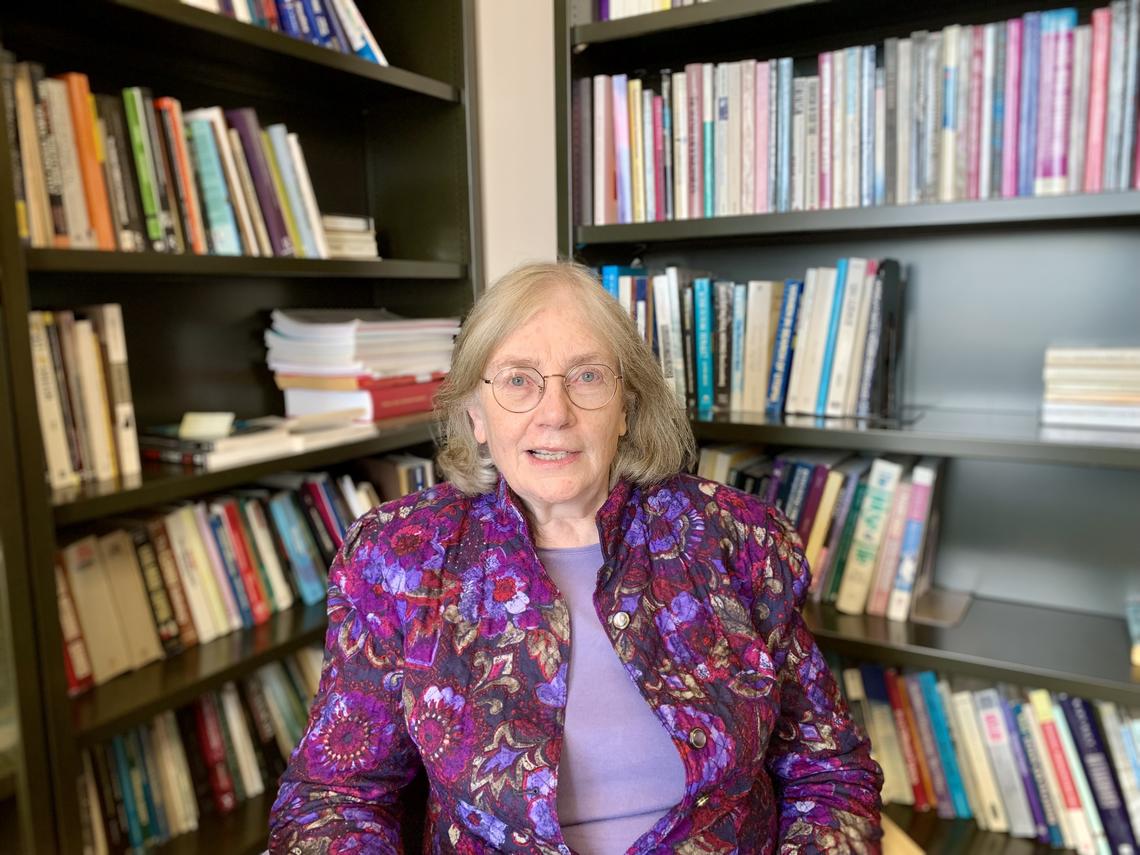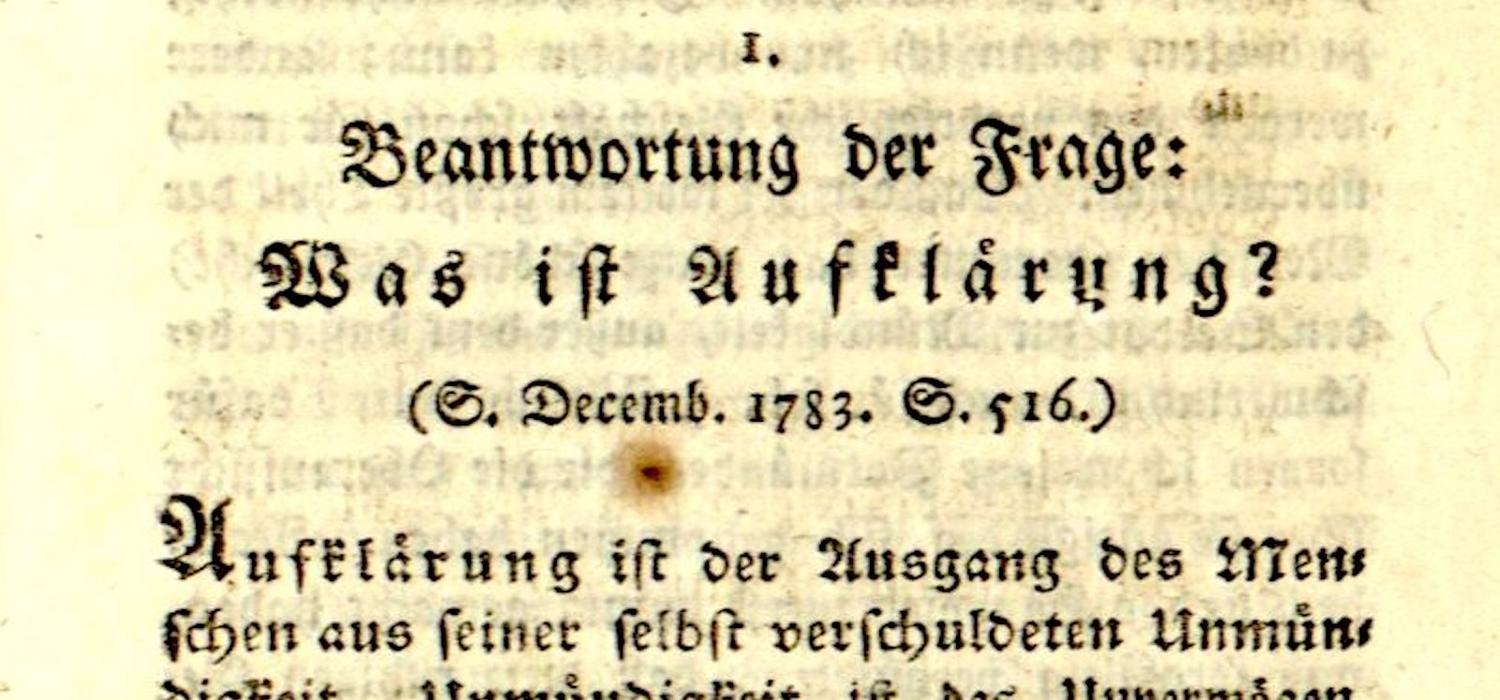
Jan. 16, 2023
What We Are Learning This Week with Dr. Regina Cochrane

January 16, 2023 in POLI 411 Recent Critics & Defenders of Modernity
Dr. Regina Cochrane is exploring the liberal defense of Enlightenment modernity
Can you tell us a little more about this topic?
Beginning with its emergence from 18th century liberalism, Enlightenment modernity’s stance of urging individuals to dare to think for themselves has generated strong opposition from conservative, anti-liberal, and religious traditions. After quickly reviewing Kant’s very brief but foundational essay of 1784, “An Answer to the Question: What is Enlightenment?,” we will move on to consider the contemporary liberal position, as outlined by Tzvetan Todorov, in In Defense of the Enlightenment. This week we will focus on Todorov’s treatment of central Enlightenment ideals like autonomy, secularism, truth, human well-being, and universality, as well as their common distortions and their purported Eurocentrism.

What else do you cover in your course?
After examining the case Todorov presents for the contemporary liberal defense of Enlightenment, we will move on to considering several other relatively recent stances on the subject of Enlightenment modernity: the postmodernist/poststructuralist refutation of Enlightenment that was launched by Lyotard and Foucault, the Early Frankfurt School’s negative dialectical critique and defense of Enlightenment as formulated by Adorno and Horkheimer, the Thomist refusal of Enlightenment modernity that was espoused by MacIntyre, Habermas’s (Second Generation) Frankfurt School defense of Enlightenment modernity, and, finally, the counter-Enlightenment stance of French Far-Right populists Benoist and Champetier.
What do you love about teaching this course?
I first became acquainted with Frankfurt School Critical Theory, at the Masters’ level. As an anti-authoritarian philosophy/praxis encompassing the economic, social, cultural, and environmental, Adorno’s negative dialectics resonated strongly, for me, with the quasi-dialectical “both/and” stance of early radical—i.e., not cultural—and socialist feminisms. Moreover, it presents a powerful challenge to the problematic postmodern turn dominating academia, in recent years. This course allows me to examine the theoretical issues entailed in this debate of “the Frankfurters versus the French Fries” and some dangerous political consequences potentially entailed therein—namely, the cooptation of anti-Enlightenment thought by contemporary Far-Right populists.
Finally, what other courses would you recommend for students interested this topic?
Other courses that focus on issues related to modernity and the Enlightenment include: POLI 409 Freedom in Modern Political Thought, POLI 417 Feminist Political Theory, POLI 418 Paradoxes of Modernity, and POLI 506: Social and Global Justice.
